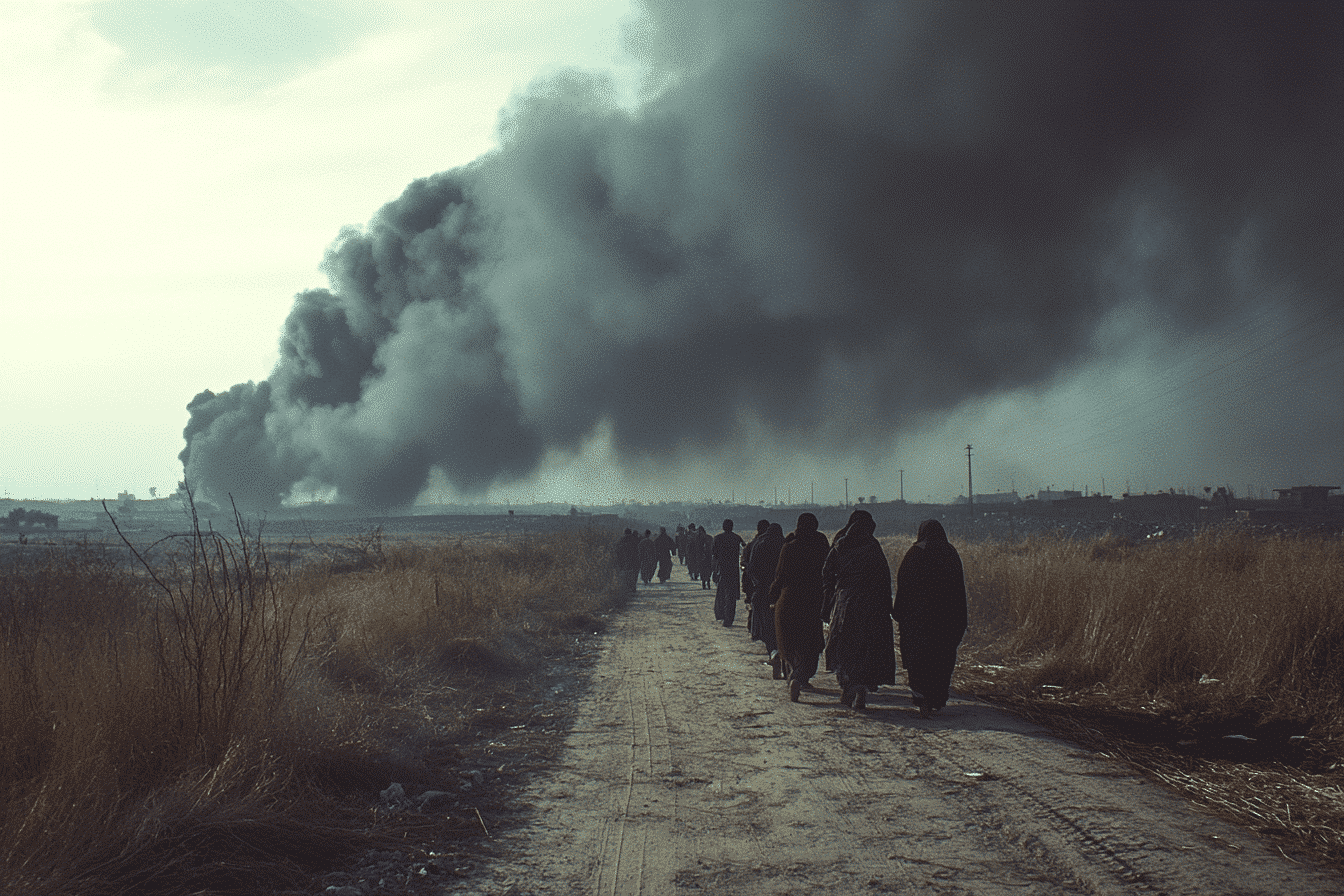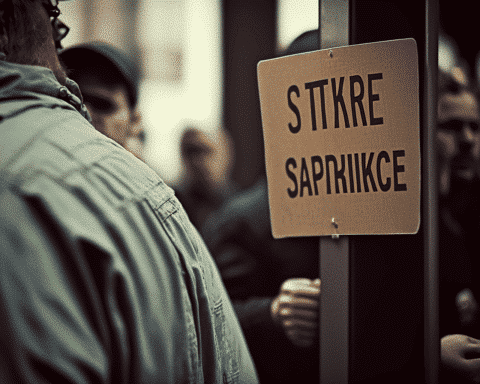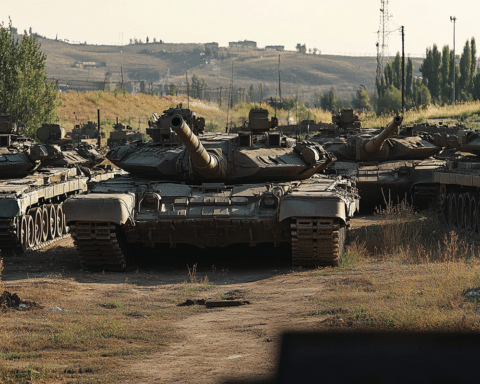U.S. Secretary of State Antony Blinken is actively working to secure a cease-fire in Gaza, with diplomatic efforts taking him to Egypt and Qatar. Despite these efforts, both Hamas and Israel have signaled that significant challenges remain, making the path to peace increasingly complex.
Diplomatic Struggles Amidst Hostility
Antony Blinken’s diplomatic mission is crucial in trying to bridge the widening gap between Hamas and Israel. After a meeting with Israeli Prime Minister Benjamin Netanyahu, Blinken announced that Israel had accepted a U.S. proposal to facilitate a cease-fire. However, Hamas responded by accusing the U.S. of reversing previously agreed-upon terms and criticized Israel for imposing “new conditions.” This disagreement highlights the fragility of the negotiations and the significant hurdles still to be overcome.
Netanyahu’s Stance and Domestic Pressures
Israeli Prime Minister Benjamin Netanyahu has emphasized the importance of maintaining Israel’s strategic security assets, even amid growing pressures for a cease-fire. Netanyahu reportedly told families of soldiers and hostages that Israel would not relinquish control of two strategic corridors in Gaza, which remains a central sticking point in the cease-fire talks. This stance reflects the complexities of balancing national security with humanitarian concerns, particularly as Israel faces domestic opposition to any potential deal.
The Human Cost of Conflict
The ongoing conflict has had a devastating impact on both Israelis and Palestinians. The Israeli military recently recovered the bodies of six hostages taken by Hamas during their October 7 attack, bringing further grief to the families affected. Netanyahu expressed his sorrow: “Our hearts ache for the terrible loss.” On the Palestinian side, over 40,000 lives have been lost, according to Gaza’s Health Ministry, and the airstrikes have caused widespread destruction and displacement, exacerbating an already dire humanitarian situation.
Growing Regional Tensions
The urgency to reach a cease-fire has increased following targeted killings of militant leaders in Iran and Lebanon, which have been attributed to Israel. These actions have sparked fears of a broader regional conflict, adding further complexity to Blinken’s mission. Despite these efforts, the situation on the ground remains tense, with airstrikes continuing to cause casualties on both sides.
As Antony Blinken continues his diplomatic efforts, the situation in Gaza remains precarious. The path to a cease-fire is fraught with challenges, and the ongoing violence underscores the urgent need for a resolution. The international community watches closely, hoping diplomacy can bring peace to this troubled region.




